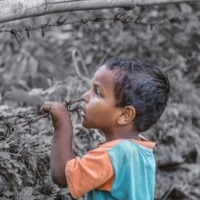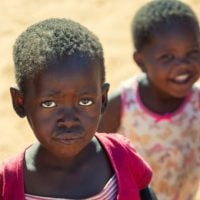Deadline: 12-Sep-2025
The United Nations International Children’s Emergency Fund has launched a call for Expressions of Interest to address pressing solid waste management challenges in Afghan refugee camps and surrounding host communities in Khyber Pakhtunkhwa, Pakistan.
With funding of over 225,000, the initiative focuses on creating sustainable, community-led, and climate-sensitive solutions to reduce public health risks and environmental degradation caused by unmanaged waste.
The situation in refugee camps such as Panian 2 in District Haripur and Oblen & Gamkol in District Kohat highlights the urgency of this effort. High population density, combined with limited resources and weak institutional capacity, has led to widespread dumping of mixed waste in open areas and near water sources. This has contributed to water contamination and increased risks of cholera, dysentery, typhoid, and other waterborne diseases, especially among vulnerable groups like children. Additionally, unmanaged plastics and other non-biodegradable waste are polluting ecosystems, blocking drainage systems, and increasing the risk of flooding.
A lack of coordinated systems and limited awareness of safe waste practices have further compounded these challenges. Despite the central role of the Commissionerate for Afghan Refugees, refugee settlements are often excluded from municipal waste management services, leaving interventions fragmented and short-lived. To break this cycle, UNICEF aims to establish long-term, sustainable systems that combine infrastructure development, local capacity building, and innovative waste-to-resource solutions such as composting and recycling.
In Haripur, an Integrated Resource Recovery Centre has already been constructed in Panian Camp and requires operational support, maintenance, and institutional strengthening. In Kohat, a similar facility is planned, with partners expected to oversee construction, establish operations, and ensure ongoing functionality. Beyond day-to-day management, selected organizations will also work to build the capacity of government departments, transfer skills, and prepare sustainability roadmaps that allow authorities to eventually run these facilities independently.
The goal is to develop replicable models of waste management that can be scaled to other refugee and host communities. While expansion to areas in Balochistan is being considered, current efforts are focused on Haripur and Kohat. Successful implementation will not only reduce immediate environmental and health hazards but also lay the foundation for stronger, more sustainable systems of solid waste management across refugee settlements in Pakistan.
For more information, visit UN Partner Portal.









































